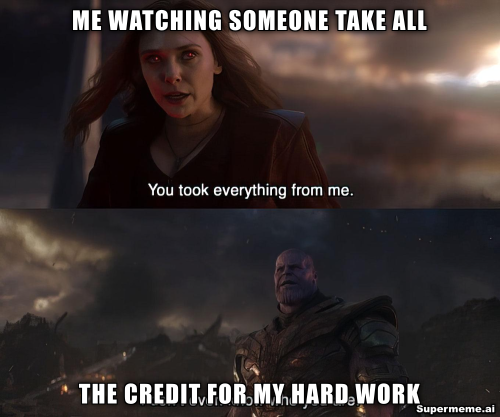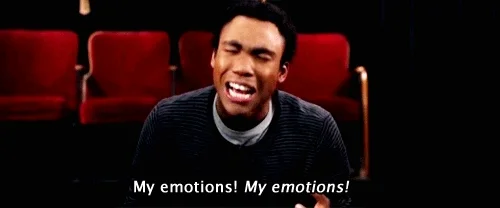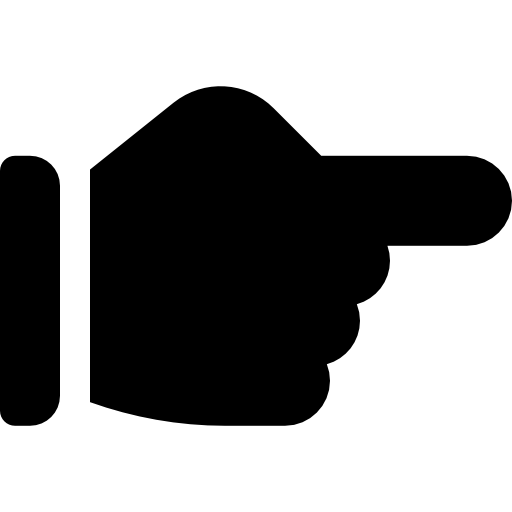You just nailed a few interview questions for your dream job and you’re feeling great.
Then suddenly you’re asked: “How would you handle a coworker who takes credit for your ideas?”
You’re instantly transported back to the time when your colleague Johnny took all the praise for your hard work.

Don’t let that old rage reignite. Stop and consider: what are they really asking?
It's About Emotional Intelligence (EQ)
Interviewers will ask questions involving conflicts or problems. They want to hear if you would handle such situations in a respectful and efficient manner.
These questions provide potential employers with insights into your emotional intelligence (EQ).
They aim to measure your ability to:
Collaborate with others
Adapt to change or uncertainty
Resolve conflict
Manage stress
So, don’t let that credit-stealing Johnny get in your way.

Show them you are emotionally intelligent!
Strategies to Answer the Question
This question is likely being asked to assess your EQ and interpersonal skills.

Show the employer that when faced with a conflict in the workplace you can:
Stay composed — you take the time to calm down so you don't engage in a conversation when your feelings are escalated.
Evaluate the situation — you're able to consider the circumstances and empathize with your coworker in an unbiased way.
Communicate professionally — you can establish an open dialogue to maintain a respectful working environment.
Focus on constructive solutions — you're open to brainstorming solutions together to avoid the situation repeating in the future.
Show Off Your Emotional Intelligence!

How Does This Sound?
“If I were in that situation, I'd definitely want to take a moment to cool off and gather my thoughts before responding. It's important not to jump to conclusions. Rather than assuming that the person intentionally took credit for my work, I'd consider that it might have been a mistake.
Once I've had a chance to calm down and think things through, I'd set up a meeting with the person involved. During the meeting, I'd approach the situation with curiosity and ask them some questions to gain a better understanding of what happened.
It's crucial to communicate that receiving proper credit is important to me, and I'd express my hope that we can collaborate effectively on future projects."
Quiz
This answer shows the person (select all that apply):
Tips To Avoid in Your Response
Avoid doing these things in your interview:

Pointing Fingers
Using language that blames others can give the impression that you're unable to work collaboratively.

Responding With Negativity
Using negative language will give the impression that you don't focus on constructive solutions.

Dismissing the Importance of Communication
Saying that you wouldn't let it bother you can give the impression that you avoid conflict and are unwilling to address the issue directly.

Saying You Went Immediately to Your Boss
Going straight to your boss gives the impression that you don't try to resolve issues directly first.
What Not to Say

What's Wrong With This Response?
"If a coworker took credit for my idea, I would feel betrayed. It's disheartening to see someone else getting recognition for something I worked hard on. But I wouldn't want to cause any problems between us.
If it were the first time it happened, I would probably ignore it and wait to see if it happened again. If it happened again, I would go to HR to seek advice to resolve the issue."
Quiz
Why should you avoid answers like this? Select all that apply:
Take Action
It's a good chance that you already have or will encounter conflict in the workplace such as someone taking credit for your hard work.
Remember, this is a chance to show how well you handle yourself in such situations.
 Photo by Christina @ wocintechchat.com on Unsplash
Photo by Christina @ wocintechchat.com on UnsplashPrepare yourself:
Your feedback matters to us.
This Byte helped me better understand the topic.
